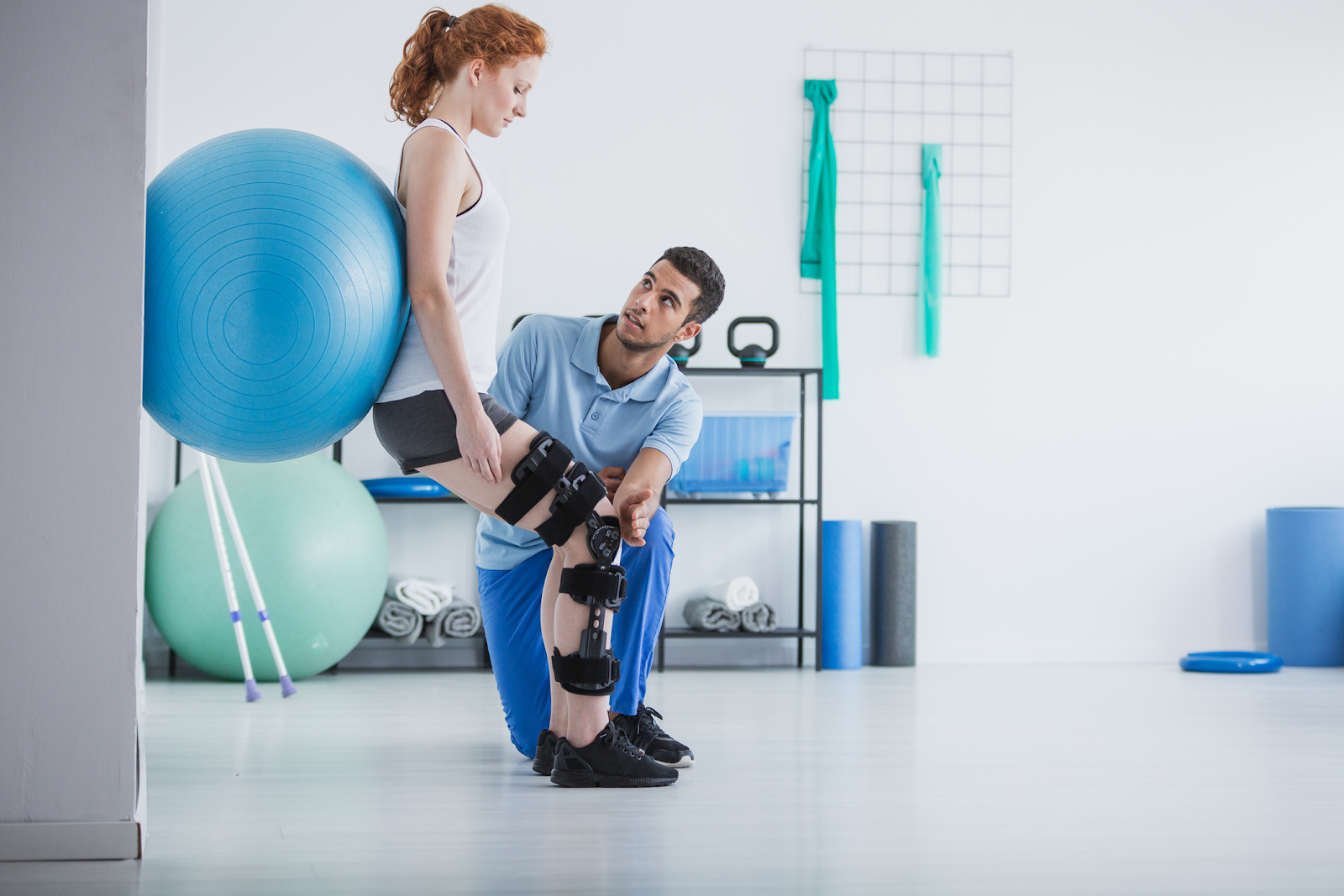How To Fix Ankle Mobility?
- Get link
- X
- Other Apps
Poor ankle mobility can be due to an overall weakness in the back of the calf and the lower leg
muscles. Also, ankle joint problems due to an injury or surgery or the regular wearing of high-
heeled shoes. But, ankle mobility issues don't have to be an ongoing affliction to your fitness.
Below are the top five exercises and suggestions for improving ankle flexibility.
5 BEST EXERCISES FOR IMPROVING ANKLE MOBILITY
Myofascial Work with Lacrosse Ball
Athletes have different preferences in how they incorporate self-massage into their workout
routine. Some roll before exercising, and others, like Wickham, perform it after getting some
sweat. Myofascial works such as lacrosse ball exercise remove trigger points and knots and aid
in reducing stiffness and lactic acid buildup throughout the body, particularly in the ankle area.
How to perform It's simple:
Start by placing the lacrosse ball under your calf and then move the ball around until you locate
the trigger point. Then, you can sit and concentrate on that area by making a series of circular
movements clockwise or counterclockwise until the ball slowly fades away. After you have
targeted the outside and the inside of your calves, gently move your foot's arch (making sure that
you do not touch your toes or the base of your heel).
Ankle Ende-Range Isometric Stretch
End-range isometric stretching is a particular type of stretching that occurs whenever you tighten
your muscles or squeeze them very much. Activating muscles in your final ranges of motion will
help you achieve your goals as it's the most energetic type of stretch. We are the weakest at the
end ranges of movements; however, activating the muscles increases flexibility, energizes the
nervous system and helps strengthen your joint.
How to accomplish the exercise:
Get into a half-kneeling posture so your knees are on the floor and one knee lies in front. While
using the forward leg, let your knee slide over your toes as high as possible until you notice the
stretch in your ankle. Next, press your foot to the ground as forcefully as possible (which triggers
the ankle muscles) and hold for at least 10 seconds. Keep your heel in place and attempt to raise
your feet off the ground, like you're trying to take your foot off of a pedal (dorsiflexion) and hold
it for 10 seconds. This is one repetition. Perform three reps on each side of one row. Switch sides
and do it again.
Heel Raises
Heel raises are an easy technique for strengthening the calf muscles and slowly improving ankle
flexibility.
How to perform this:
Standing at about hip-width, put your feet toes in an inclined position (you can choose anything
from two plates of five pounds to the textbook). After that, dorsiflexion is achieved through
bending the knees until you notice a slight stretch at the ankles' back. Keep it for 2 seconds
before returning to the starting position. This is one repetition. Try to do 5 sets with 10 reps
controlled.
Slow and Consistent Air Squats
Do a simple air squat. If your ankles slide off the floor when you perform this exercise, it's a sign
of poor mobility. Sitting down will improve the ankle's mobility if you're sitting for a long time.
But you're only going to lower your squat as low as your ankle's flexibility allows, which is why
these exercises must be performed alongside the other exercises listed on this checklist.
How to perform this:
1.Stand with your feet about hip-width apart with your arms to your sides.
2.Engage your abs and move your hips forward while you bend your knees in order and
lower the body to a squat.
3.When you are doing this, make sure you stay within your heels. Although breaking
parallel is generally the aim, you should only lower until you feel that your heel lifts.
4.Stop at the bottom and then return to where you started.
This is one repetition, and you should aim for the five sets that are 10 reps controlled.
A banded Ankle Dorsiflexion Mobilization
This exercise is all about getting movement in the joint but not necessarily about stretching the
muscle, and the focus is on the joints and ligaments.
How to use It:
Loop a heavy-duty resistance band (usually green) to the surface that isn't moving, like racks.
The loop should be approximately four inches off the surface. Your foot should be placed
through to the top of the bands and then face off from the rack to ensure that the resistance band
is lying in the front that runs along your ankle. Move away from the rack to the extent you can
until you feel a force pushing you backwards. After that, bend your knee to ensure it is aligned
with your toes. If your heel begins to rise, stop and hold at a 10-second interval. This is one
repetition. Do three reps for each side of the row. Switch sides, then do it again.
- Get link
- X
- Other Apps



Comments
Post a Comment